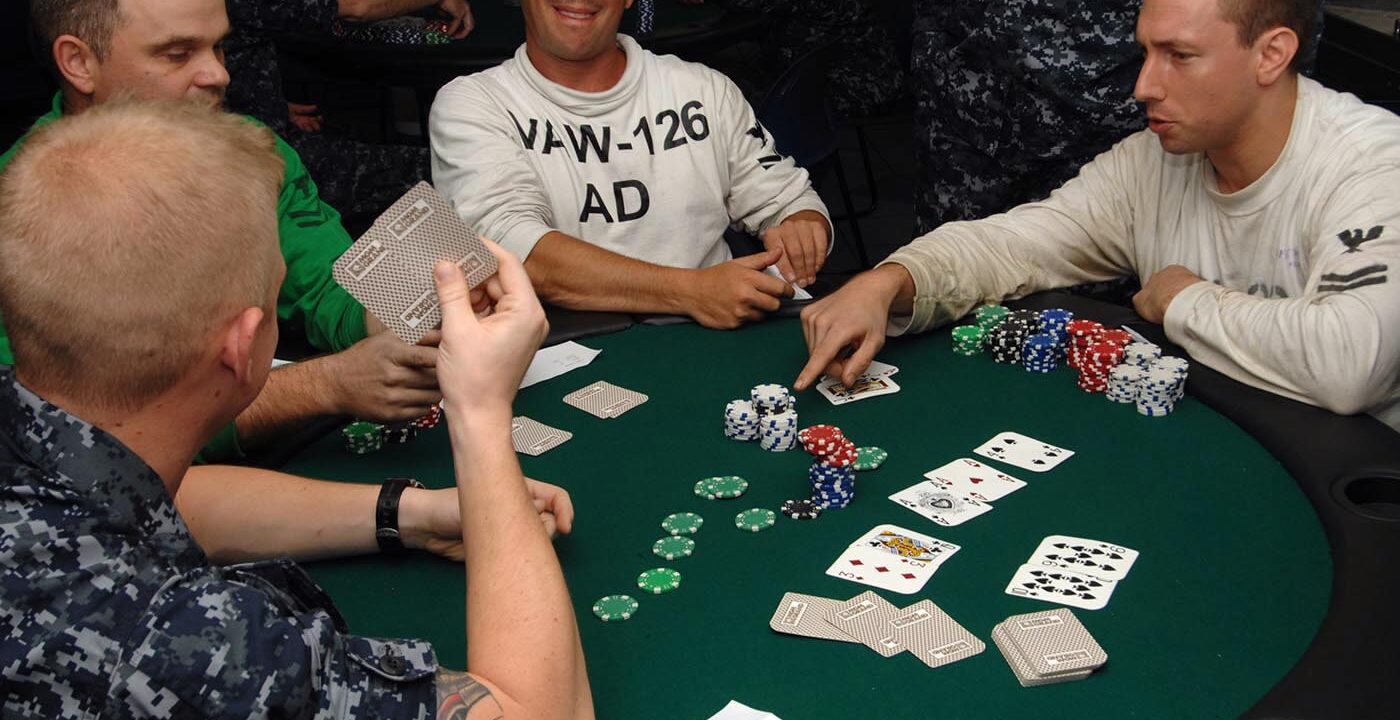
Introduction
In the thrilling world of poker, where skill and luck collide, the term “bad beat” holds a significant place. Understanding what is a bad beat in poker, whether a novice or a seasoned pro.
Understanding Bad Beats
Definition of a Bad Beat in Poker
A bad beat occurs when a hand that is a statistical favorite to win unexpectedly loses to an inferior hand due to luck, typically on the final cards dealt.
Probability of Bad Beats
Despite being rare occurrences, bad beats are an inherent part of poker due to the game’s element of chance. Understanding the mathematical probabilities can help players contextualize these events.
Examples of Bad Beats
One classic example of a bad beat is when a player holding pocket aces, the strongest starting hand in Texas Hold’em, loses to a player with a much weaker hand like 7-2 offsuit, commonly referred to as the “worst hand in poker.”
Impact on Players
Emotional Response to Bad Beats
Bad beats can evoke a wide range of emotions, from frustration and anger to disbelief and even devastation. The sudden reversal of fortune can be emotionally challenging for players, especially when significant stakes are involved.
Psychological Effects
The psychological impact of a bad beat can extend beyond the immediate game. It may shake a player’s confidence, leading to self-doubt and affecting their decision-making in subsequent hands.
Handling Bad Beats
Coping Strategies
To mitigate the impact of bad beats, players employ various coping strategies, including deep breathing, taking breaks, and reframing the experience as part of the game’s volatility.
Maintaining Composure
Maintaining composure in the face of adversity is essential for poker players. By staying focused and disciplined, players can prevent a single bad beat from derailing their overall performance.
Bad Beat Stories
Famous Bad Beat Stories
Throughout the history of poker, there have been numerous legendary bad beat stories that have become part of the game’s folklore, showcasing the highs and lows of the poker journey.
Personal Experiences
Many players have their own tales of heartbreaking bad beats that they’ve experienced firsthand, underscoring the universal nature of this phenomenon in the poker community.
Online Discussion
Forums and Social Media Platforms
Online forums and social media platforms serve as virtual gathering places for poker enthusiasts to commiserate over bad beats, share their experiences, and seek support from fellow players.
Sharing Bad Beat Stories
The sharing of bad beat stories not only provides catharsis for players but also fosters a sense of camaraderie and solidarity within the poker community.
Strategies to Minimize Impact
Bankroll Management
Effective bankroll management is crucial for weathering the inevitable ups and downs of poker, including bad beats. By allocating funds wisely, players can protect themselves from excessive losses.
Mindset Shifts
Adopting a resilient mindset is key to overcoming the emotional toll of bad beats. Viewing setbacks as learning opportunities and focusing on long-term growth can help players bounce back stronger.
Professional Perspective
Insights from Poker Professionals
Poker professionals offer valuable insights into dealing with bad beats, drawing from their extensive experience and strategic prowess on the felt.
Advice for Dealing with Bad Beats
From maintaining perspective to embracing the challenge, seasoned pros advocate for a balanced approach to handling bad beats, emphasizing the importance of resilience and mental fortitude.
FAQs (Frequently Asked Questions)
- What are the odds of experiencing a bad beat in poker?
- How do bad beats affect gameplay?
- Can bad beats be avoided?
- What should I do after experiencing a bad beat?
- Are bad beats more common in certain variants of poker?
- How do bad beats influence the poker community?
Conclusion
In conclusion, while bad beats are an unavoidable aspect of poker, how players choose to respond to them ultimately defines their journey in the game. By understanding the nature of bad beats, implementing effective coping strategies, and seeking support from the poker community, players can navigate these challenges with resilience and grace.
